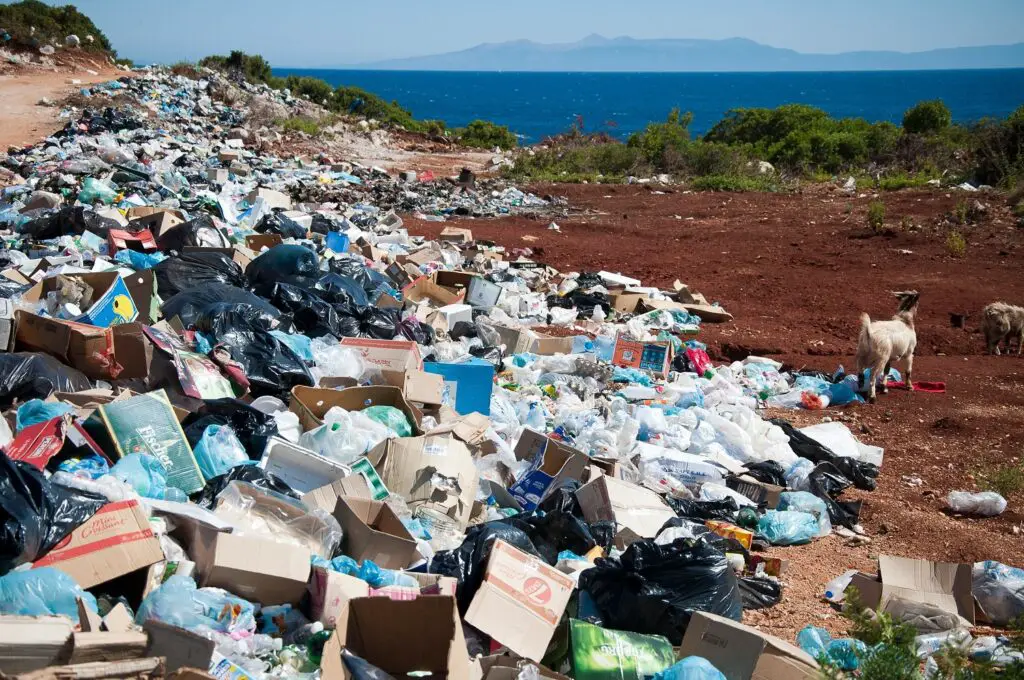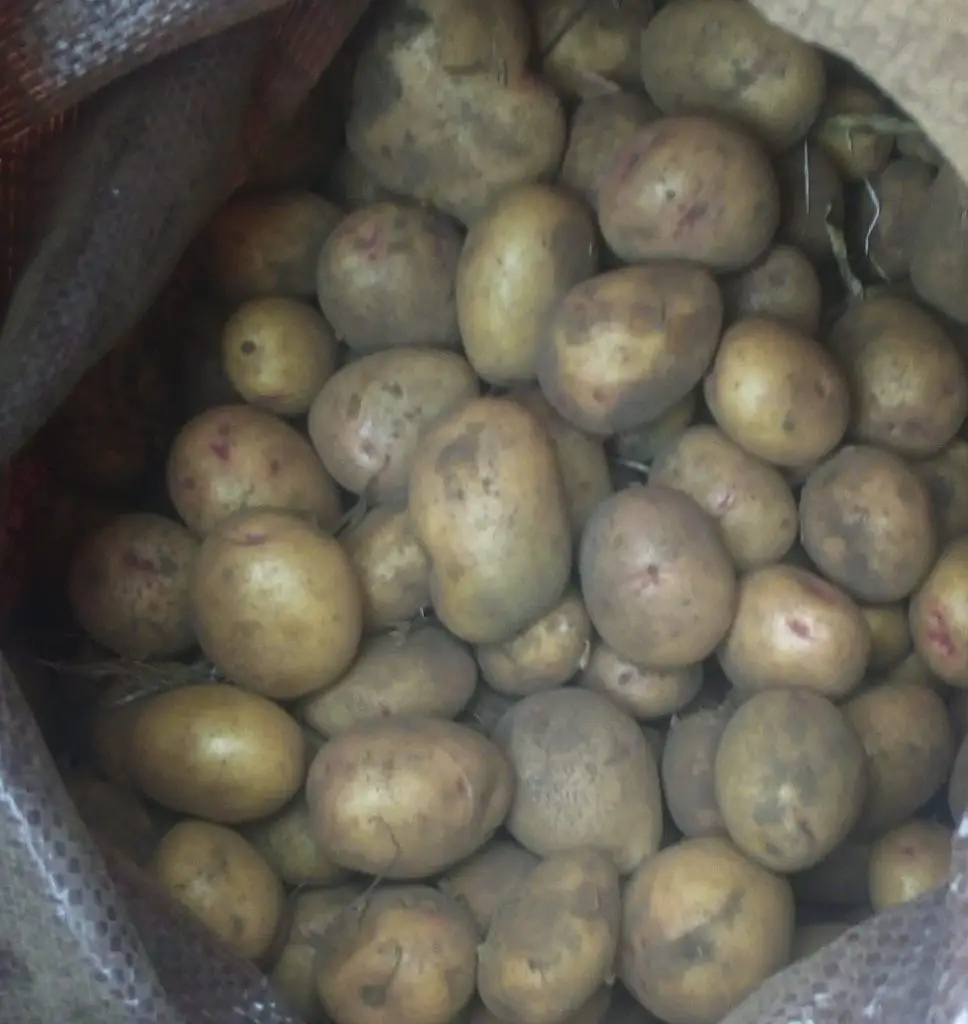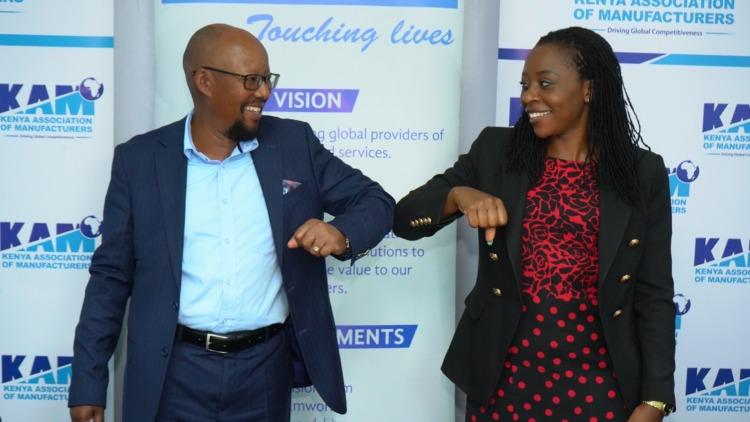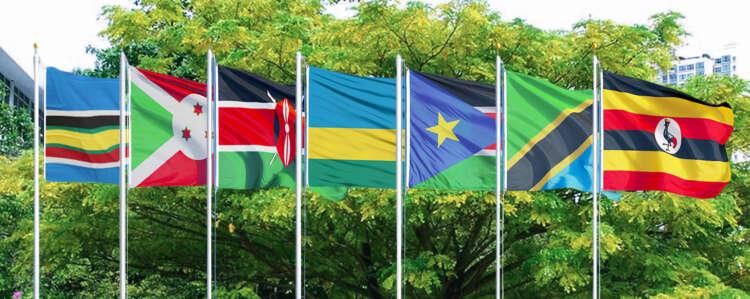- Africa’s new dawn: the rising role of digital and AI in agriculture
- Can Dangote Refinery Transform Africa Energy Ambition
- Gallup Survey: 80 per cent of Kenyan Workers Are Disengaged and Seek New Opportunities
- Madagascar Man Freed from 5KG Tumor After 15-Year Struggle
- How women in Africa are perceived and treated
- Sugar consumption in Kenya to Increase to 1.23 Million Tonnes
- Can Somalia and Turkey Oil deal Bring Change in Somaliland
- Remittances to Kenya dropped to $371.6 million in June, marking a six month low
Browsing: East African Business Council
- Leaders are meeting in Nairobi for the Eastern Africa ‘Waste is Wealth’ conference.
- The inaugural Waste is Wealth Series is organised by Taka Ni Mali, East African Business Council, and Alliance for Science.
- The three-day conference is themed: Promoting Effective Waste Management Practices for Environmental Conservation and Climate Change Mitigation.
The concept of a circular economy is fast gaining momentum in East Africa with both the private sector and government’s stuck on the drawing board shaping policies and regulations to help realise the shift.
World business leaders, policy makers, academics and NGOs have argued that a move towards a more circular economy is necessary to help solve global environmental and economic challenges.
Moving towards a more circular economy could increase competitiveness, and stimulate innovation. It will also boost economic growth and create jobs across economies.
Waste is Wealth
It is against this background that leaders are meeting in Nairobi for …
This platform aims to harness the potential of the potato value chain in the region to enable proper production and commercialization of the food crop on the realization that it is one of the key agricultural produce traded and consumed widely. Over 2.2 million farmers across the EAC partner states earn their living from the potato sector.
The Jumuiya Potato Platform has now been formalized under a Public-Private Partnership structure to enable sustainable research, innovation and free trade right from the potato seed.
The Potato Platform has been arrived at after a series of engagements between stakeholders representing national governments on the public front, farmers and traders on the private side with guidance from the EAC Secretariat and the EABC. Facilitated by GIZ, the stakeholders launched Jumuiya Potato Platform after a two-day regional meeting held in Kampala. …
The lack of harmonised standards, failure to implement the Single African Air Transport Market (Saatm) and the export of raw commodities remain the continent’s biggest obstacles to trade.
In addition, African countries have some of the most rigid visa and work permit requirements, they have multiple testing agencies and erect unnecessary roadblocks for random checks along transport corridors which increases the cost of cross-border trade.
This, eventually, deals a blow to the Micro, Small and Medium Enterprises (MSMEs) which also happen to be the backbone of the continent’s economy.…
If someone were to put me on the spot and ask me to name an environmentalist group, I’d probably blurt out the first thing that comes to mind, Greenpeace. There are obvious reasons for this: Greenpeace has been around for more than 50 years, and it has done a masterful job of bringing environmental concerns to the world’s attention and keeping them there. The group has a strong track record when it comes to advocacy and awareness, and it has a global reach. It’s truly one of the most visible non-governmental organizations (NGOs) in the world.
And that’s why I see it as significant that Greenpeace’s African division has come out swinging for a major new oil pipeline slated for construction in Uganda and Tanzania. Let me explain what I mean.
What’s at Stake
On April 14, Greenpeace issued a statement expressing dismay about the signing of a new agreement
The East African Community (EAC) economy will is expected to rebound in 2021. But this will only happen , if EAC Partner States Governments strengthen macro-economic policy coordination and adopt a regional coordinated approach in handling the COVID-19 pandemic, a regional business body has said.
According to the East African Business Council (EABC) secretariat, COVID-19 disruptions in 2020 provided a learning curve, on the need to have sustainable EAC regional value chains integration for the development of finished products with a view of reducing industrial and trade risks arising out of external shocks.
EABC Chairman Mr. Nick Nesbitt noted that the region is projected to recover steadily but it was dependent on how the pandemic is handled.
According to the AfDB East Africa Economic Outlook 2020, the East Africa region is projected to recover to 3.7 percent in the baseline scenario and 2.8 percent in the worst-case scenario under the …
Regional business umbrella body has called for harmonization of COVID-19 charges to boost intra EAC trade.
The East African Business Council (EABC) has said that in a bid to ease the cost of doing business and boost intra-EAC trade emerging costs such as the COVID-19 related charges in the East African Community should be standardized. This is set to support businesses to be more resilient and rebound amidst the COVID-19 pandemic.
Also Read: Kenya’s president calls on African leaders to harmonise Covid protocols
This comes days after Kenya’s president Uhuru Kenyatta called on African leaders to harmonise COVID-19 protocols. According to the president, harmonising the protocols will determine whether the African Union (AU) meetings will be virtual or physical given the challenges occasioned by the COVID-19 pandemic.

Currently, COVID-19 tests are priced differently in each Partner State, while containment measures are varied. For instance, Tanzania …









